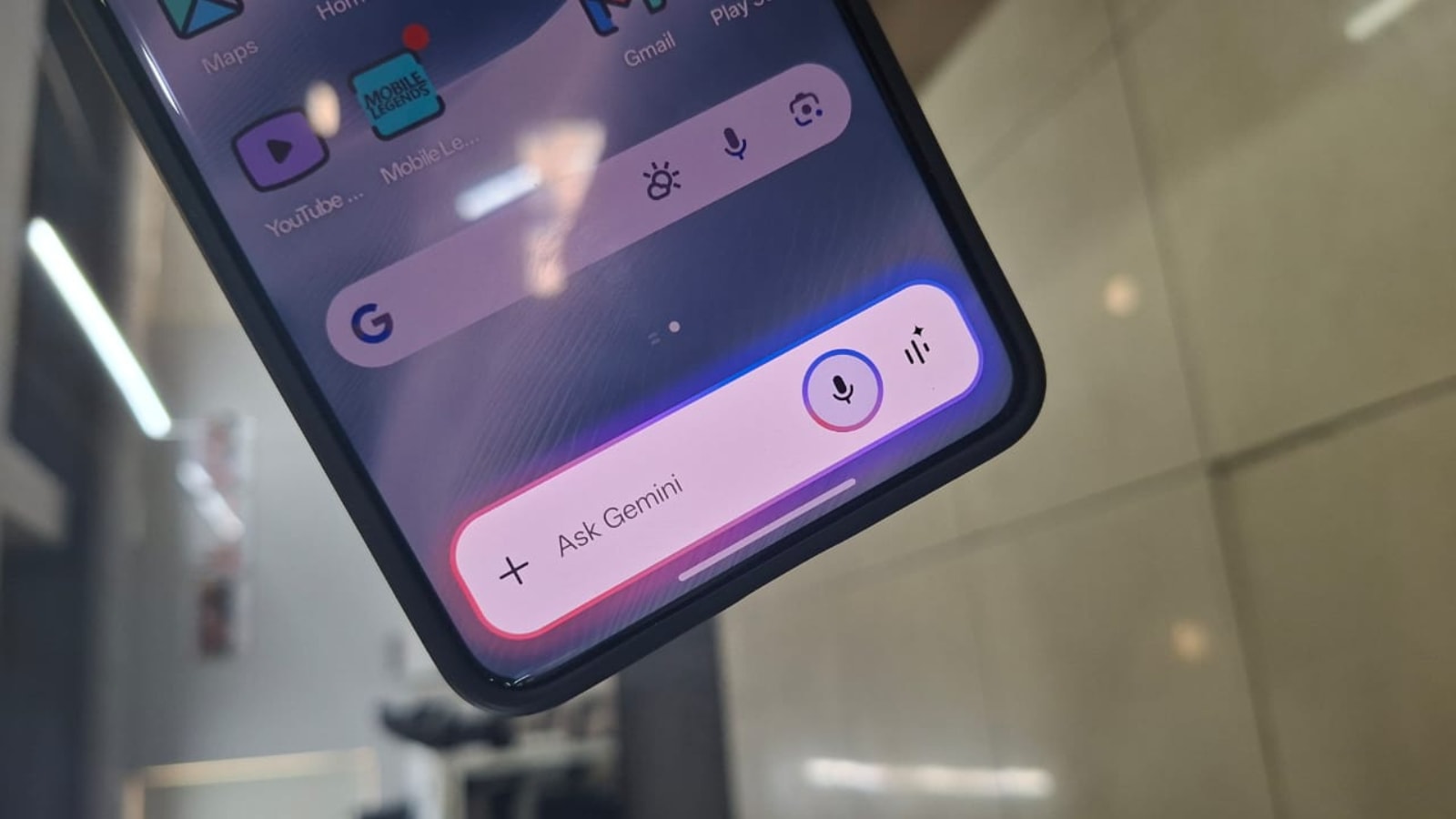Gemini AI Achieves 350 Million Global Users, Yet Falls Behind ChatGPT and Meta AI

Google’s AI Chatbot, Gemini: A Rapid Rise in Popularity
Significant User Growth
Google’s AI chatbot, Gemini, has seen impressive growth over the past year. As of March 2025, it boasts over 350 million users worldwide, marking a notable achievement in the competitive field of AI-driven applications. This information emerged during the ongoing antitrust trial concerning Google’s influence in the search engine market.
Daily Active Users Surge
In recent developments, Gemini has reported more than 35 million daily active users, highlighting a significant increase in engagement. This figure stands in stark contrast to the mere nine daily active users recorded in October 2024. The rise suggests a growing interest in Google’s AI tools and features, which could reshape the way users interact with technology.
Factors Contributing to Adoption
Several factors might have influenced the swift adoption of Gemini:
Integration with Devices and Services: Google has effectively integrated the Gemini chatbot with popular devices like Samsung smartphones and essential applications such as Google Workspace. This integrated approach makes it easier for users to access Gemini’s features seamlessly.
- Advanced AI Models: Since its initial release, Google has rolled out updated versions of Gemini, specifically Gemini 2.0 and 2.5. These updates represent significant improvements compared to earlier versions, enhancing user experience and functionality.
Competition in the AI Market
Despite its impressive growth, Gemini has not yet surpassed its closest competitors. For example, OpenAI’s ChatGPT has reported around 600 million Monthly Active Users (MAUs) as of March, while Meta AI is estimated to have approximately 500 million MAUs. This indicates that while Gemini is growing fast, it still has a way to go to catch up with these established players in the AI chatbot market.
Legal Challenges and Financial Deals
The trial raising questions about Google’s market power also revealed some interesting financial details regarding its strategy with Gemini. Notably, it was disclosed that Google has entered a significant agreement with Samsung. This arrangement includes substantial payments to Samsung, which aids in the pre-installation of the Gemini chatbot on Samsung devices.
Details of the Samsung Deal
According to reports, this deal is part of a broader strategy that includes:
- Revenue Sharing: Google is set to share a percentage of its advertisement revenue generated from the Gemini app with Samsung.
- Monthly Fees: In addition to revenue sharing, Google has committed to making fixed monthly payments to Samsung.
- Pre-installation Requirements: Internal documents revealed during the trial indicated that Google has considered more stringent distribution agreements. These contracts could require partners to pre-install Gemini alongside other Google services like Search and Chrome.
The Antitrust Implications
The ongoing antitrust case is spearheaded by US Judge Amit Mehta, who previously ruled that Google’s search engine constitutes an illegal monopoly. The current hearings are focused on determining the damages Google might need to pay and the extent of penalties it could face due to its previous monopolistic behavior. This backdrop of legal scrutiny adds a layer of complexity to Google’s operations and its ambitious plans for Gemini.
The Future of Gemini
As Google continues to innovate and integrate its AI technologies into daily-use devices and applications, the future of Gemini looks promising. Its rapid adoption suggests a strong consumer interest in advanced AI capabilities and illustrates the growing importance of AI chatbots in today’s digital landscape.
With ongoing developments and technological improvements, Gemini is set to transform the way users interact with information and services online.






